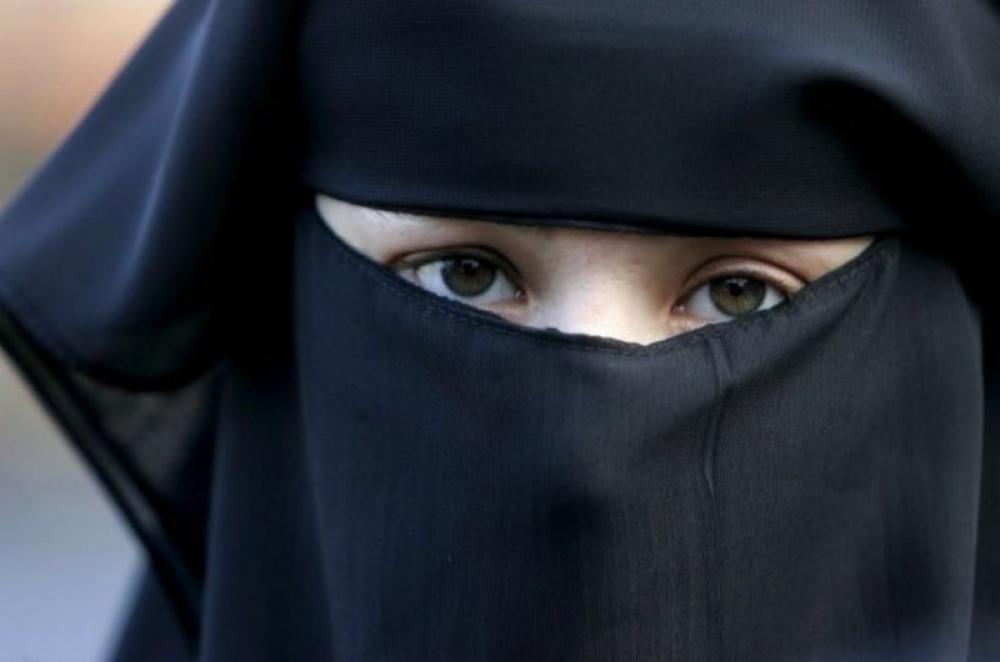Just Earth News | @justearthnews | 17 Oct 2017

According to the new law, if put in place, it will bar all public servants from wearing the face veil, while ordinary citizens will have to do the same while seeking government services.
Questioning the law, Eve Torres, the Quebec representative of the National Council of Canadian Muslims said, "It makes no sense."
"A woman with five children who wears the niqab and wants to go to the library won’t be able to take the bus, won’t be able to have access to a place of learning to go with her family, and it will take an official request for her to have a reasonable accommodation," a fuming Torres pointed out.
The debate pertaining to the final draft of the bill is due to start on Tuesday.
The vote is expected to take place sometime this week.
Rebelling against the proposed law, Montreal Mayor Denis Coderre said, "No government is going to tell us how to dress our employees and deliver our services."
However, Quebec Justice Minister Stéphanie Vallée, during her interview on Monday with Daybreak host Mike Finnerty, made her intentions clear.
She said, "As long as the service is being rendered, the face should be uncovered."
"This is a bill about le vivre ensemble, it's a bill about guidelines and clearly establishes neutrality of the state," the lawmaker added.
Asked why it the ban was required, she said it was done for "communication reasons, identification reasons and security reasons."
The minister said that it wasn't a crackdown on religious practices and said that the ban will also apply on masked protests.
"We're talking about having the face uncovered. It's not what is covering the face," she said.
Upset about the new change, Shaheen Ashraf, a board member of the Canadian Council of Muslim Women in Montreal, said that it could further marginalise the Muslim women in Quebec 'Catholic-majority' society.
"For me, neutrality would be everyone believes what they want to," she said, "Forcing someone to uncover, or forcing someone to cover: for me that's not neutrality."
The burqa is a staple piece of garment in cupboards in Muslim communities across the world.
A Burqa covers a wearer’s entire face and body and the Muslim women wearing it see through a mesh or grille screen over the eyes.
China has already banned the headscarf, veils and abnormal beards and stated that the same is a crackdown on religious extremism.
Singing in the same tune, Norway and Kazakhstan are the latest nations to put in place a similar restriction.
According to reports, the Kazakhi government is working on a legislation to ban the use of the veil.
Norway too has proposed a ban on the burka in educational institutions after the immigration minister claimed the ability to communicate was a 'basic Nordic value'.
The burqa hasn't found favour in many European nation as France, Belgium, the Netherland, Bulgaria and the German province of Bavaria have all denounced the use of the facecovering garment.
While most European countries have banned the burqa stating that it creates inequality, China's stance on the same has attracted cries from human rights activists.
Activists have slammed China for meddling with basic rights and disallowing people to follow one's religion but the country has strongly denied committing any crimes against Muslims.
Commonly worn in Afghanistan and Pakistan, the Taliban regime between 1996 to 2001 in Afghanistan had made it mandatory for women.
However, many Islamic scholars and clerics have said that burqa is not obligatory for women in Islam.